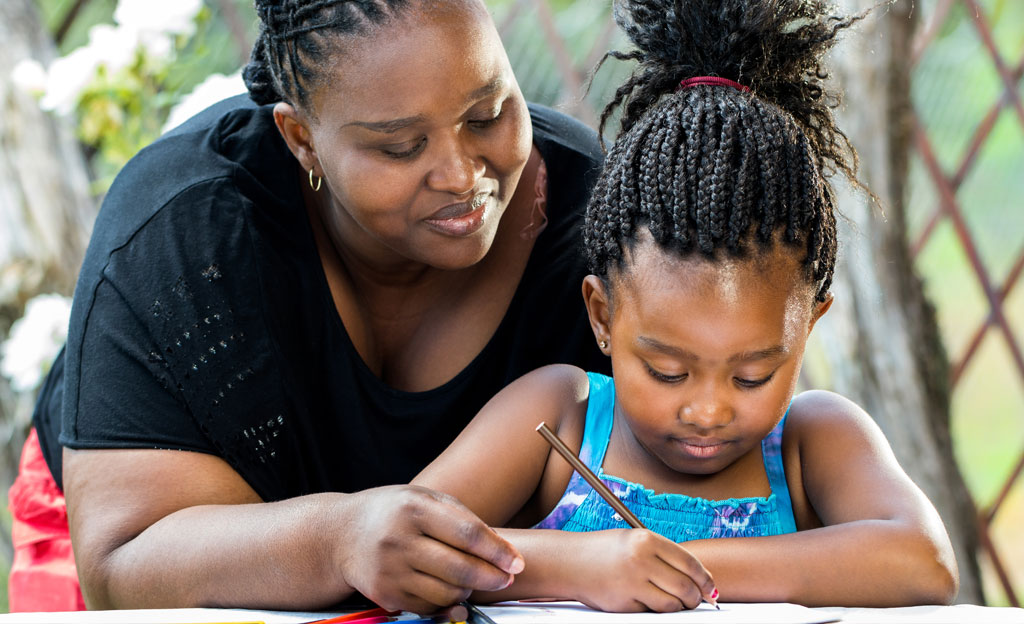South African learners need a culture of reading at home to thrive in reading literacy and comprehension at school. According to researchers at the Centre for Evaluation & Assessment (CEA) at the University of Pretoria, learners without books and reading assistance at home are up to four years behind those who do. Parents need to take a more active role in reading education by providing books and other reading materials for their children, and helping them with reading and homework.
These findings stem from the Progress in International Reading Literacy Study (PIRLS) project, coordinated in South Africa by the CEA. In the recently published PIRLS 2016 report on reading literacy in Grade 4 learners, researchers looked at which factors at home had the biggest impact.
They found that socioeconomic status, indicated by resources like books in the home, a desk to work at and internet access, as well as the parents’ education levels and occupations, made the biggest difference to learners’ performance in the PIRLS literacy test.
When the researchers compared reading test performance between those learners with a lot of reading and study resources at home and those with just some, the results were shocking. They found a difference of more than 140 points, which equates to almost 4 years of schooling, using the international scale developed by the PIRLS study.
This underlines how important it is for young children to have books to read at home, says Nelladee McLeod Palane, another CEA researcher involved in the study.
“We found that a large percentage of households on average have some reading resources at home,” says Karen Roux, a researcher at the CEA. “Almost three quarters have some resources, but only 1% said they have a lot.”
The second home factor that influenced learners’ performance was whether parents engaged with their children - “activities like reading books together, telling stories, singing songs, or playing with educational toys,” according to Roux. This was also true for helping learners with their homework.
“Reading literacy is much better in homes where parents are involved with their children’s homework every day,” says McLeod Palane. “We saw a two-year score difference between kids who do homework every day and those who never get homework.”
Both researchers point to the critical role that parents or guardians play in encouraging behaviours that improve reading ability.
In a seeming contradiction, PIRLS 2016 revealed that most parents expect their children to attain postgraduate qualifications like a Masters or Doctoral degree, despite not taking an active part in supporting their children in learning activities.
Lastly, both Roux and McLeod Palane highlighted that attending preschool provided learners with a strong advantage in reading literacy.
“Attending preschool for three years provides a clear benefit to literacy, which is also true internationally,” says McLeod Palane. “Time spent at preschool help learners achieve later in life.”
She hopes that this data-intensive research can now be complemented with more in-depth, qualitative case study research of home environments in different parts of South Africa.
“I think it is crucial that we complement PIRLS’ quantitative approach with more detailed case studies, particularly in different areas and socioeconomic groups,” she says. “That approach could really help us understand the complexities of reading across SA and our underachievement in relation to the internationalresults.”

When South African parents read to their children and help with homework, reading ability improves dramatically.
Copyright © University of Pretoria 2024. All rights reserved.
Get Social With Us
Download the UP Mobile App